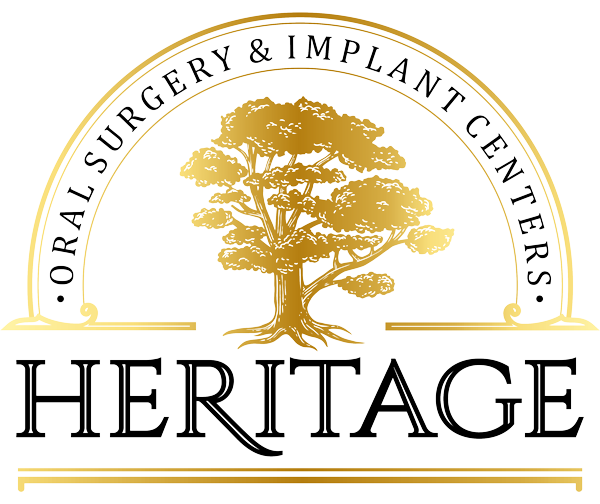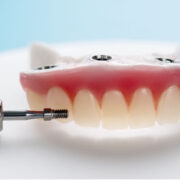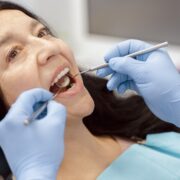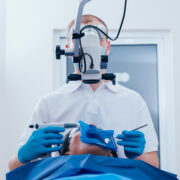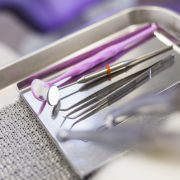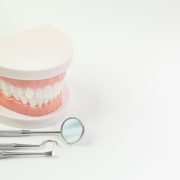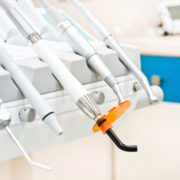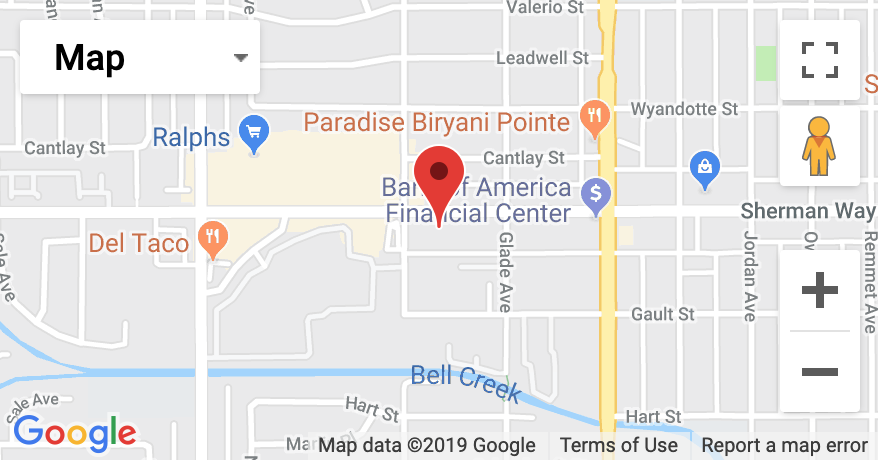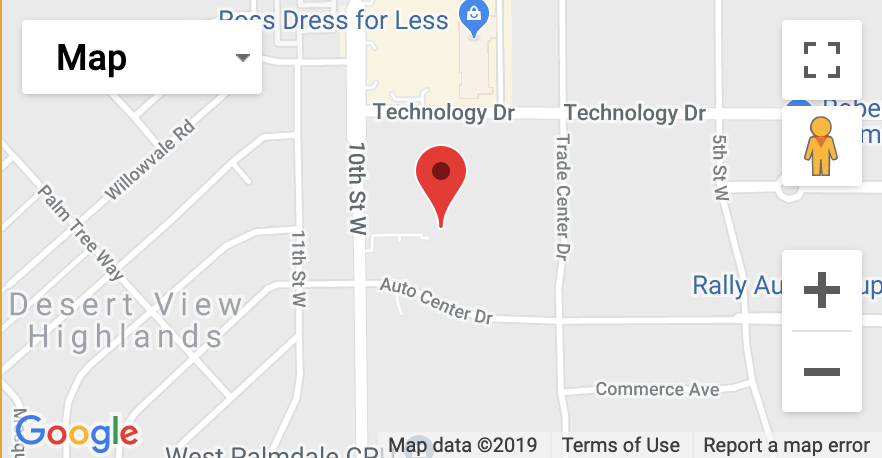Preventing Dry Socket After Oral Surgery
Do you know someone who has experienced the pain of dry socket? Dry socket can happen following the extraction of a permanent tooth. Normally, a blood clot develops in the cavity where the tooth used to be, acting as a shield to protect the nerve endings and bone until they’re sufficiently healed. When a blood clot fails to form, or if it becomes dislodged too soon after your oral surgery, you may feel intense pain. The empty socket may become inflamed, and bits and pieces of food debris may lodge inside, worsening the condition.
If you’re experiencing a significant amount of pain following a recent oral surgery, your dentist in Valencia, CA, may diagnose dry socket. Usually, it takes a prescription-strength painkiller to bring relief. Fortunately, there are steps you can take to prevent dry socket from developing, and they include preserving the protective blood clot until the socket has had time to heal. There are several things you can do immediately following your oral surgery.
1. Refrain From Using a Straw in Your Beverage
Using a drinking straw is one of the most common ways to induce dry socket. The force required to draw liquid up through the straw can also suck the blood clot away from the socket. To be safe, refrain from using a drinking straw for at least a week following your tooth extraction.
2. Get Plenty of Rest
You should plan a day of rest following your oral surgery, instead of returning immediately to work or school. Rest will help prevent any type of vigorous activity that might dislodge the blood clot. It’s also good to avoid participating in sports or exercising rigorously immediately afterward.
3. Eat Soft Foods
Foods such as pudding, yogurt, or soft noodles are good options following your procedure. Avoid chewing on the side of your mouth that’s affected, and avoid foods that are too hot or too cold for at least several days. Hard or crispy foods such as potato chips or chewy candy should be avoided.
Following your oral surgery in Valencia, CA, your dentist will give you a list of post-operative care instructions to help you avoid the pain of dry socket. However, if you’re experiencing any type of unusual pain in the few days following, contact Heritage Oral Surgery & Implant Centers right away.

